Huawei Mate 10 review: Warning, highly addictive
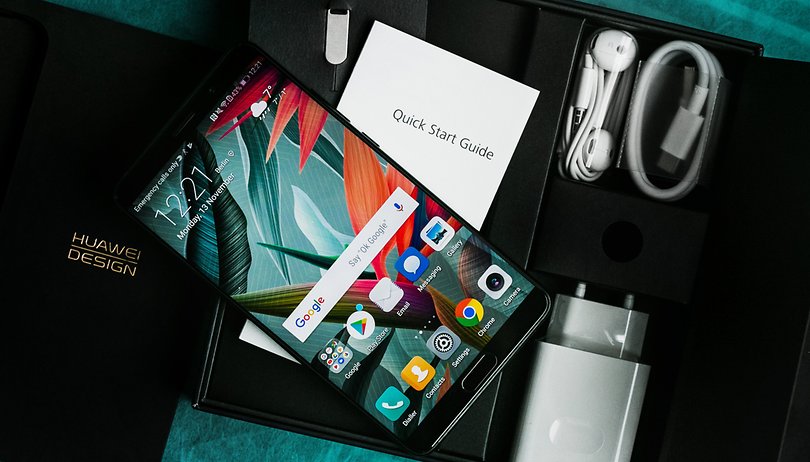

Huawei introduced three models to its phablet mate series this year. There’s the Mate 10, a more than worthy successor to the Mate 9, and then there’s the Mate 10 Pro and Mate 10 Porsche Edition. All three offer similar performance, although the Mate 10 has the most traditional design. We’ll go through all its virtues and defects as well as the minor differences it has with the other models.
Good
- The camera
- The battery
- Performance
- Very thin frame
- Can be used like a computer
Bad
- Quite wide
- Heavy and slippery
- Only IP53
- Bluetooth 4.2
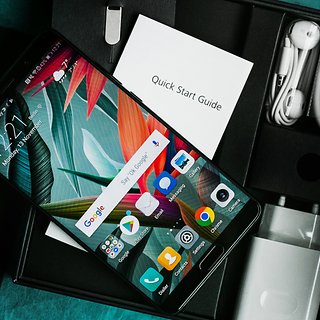
Huawei Mate 10 release date and price
The Huawei Mate 10 already arrived in Australia, China, Egypt, Malaysia, Mexico, New Zealand, Philippines, Saudi Arabia, Singapore, Spain and the Philippines on November 2, 2017. Although the smartphone is not officially available in the US market, it can be purchased from unofficial Amazon sellers for $699, and it should be noted that it’s only compatible with GSM/LTE carriers such as AT&T and T-Mobile.
The available colors will be mocha brown, black, champagne gold and pink gold.
The Mate 10 is available in a single variant consisting of 4GB of RAM and 64GB of internal memory. Huawei had planned to release the Mate 10 Pro through a partnership with AT&T, but after that fell through, it should still be available in the US in the Spring via online retailers such as Amazon and Best Buy for $799.
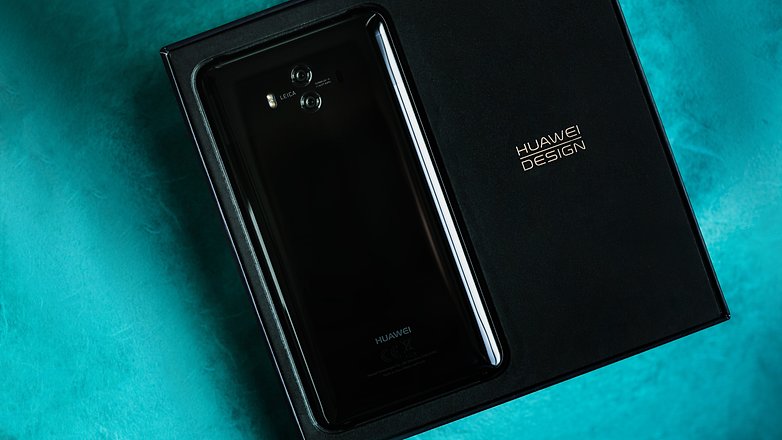
Huawei Mate 10 design and build quality
The Huawei Mate 10 features a uniform design with very rounded edges and a metal and glass finish. It is 3.06 inches wide and weighs 186 grams. These dimensions are important to bear in mind when considering versatility and use. The Mate 10 retains a 16:9 format display, so it’s going against the grain of the current trend among flagships. This means it is still somewhat difficult to use the phone with just one hand.
The rear glass part has a main camera with two lenses that are slightly protruding. Both of them have a metal ring to protect the Leica lenses. The camera area has a band that reflects light somewhat differently, attracting enough attention and giving the device a dash of elegance.
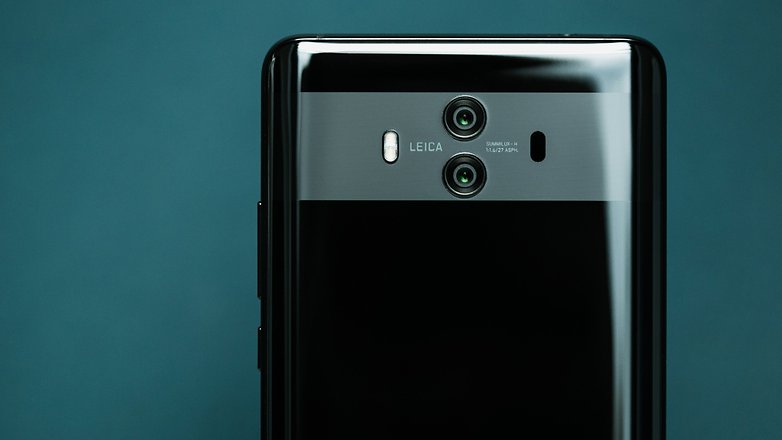
On the front side we see the screen with the standard 16:9 format. This is the same we saw with the Mate 9, but different than the Mate 10 Pro, which features an 18:9 format. But in spite of having a wide format, the frame is slightly thinner in comparison to the Mate 9. The Mate 10’s format feels a little less ergonomic in the hand. It gives you a certain sense of insecurity because it’s heavy and slippery. It does, however, come with a transparent cover that can help ease this feeling.
Below the screen there’s a quite narrow band that includes the fingerprint reader, which works very quickly. In the upper part of the frame there’s a camera dedicated to selfies, the proximity sensor, the speakerphone and a hidden LED in the left corner.
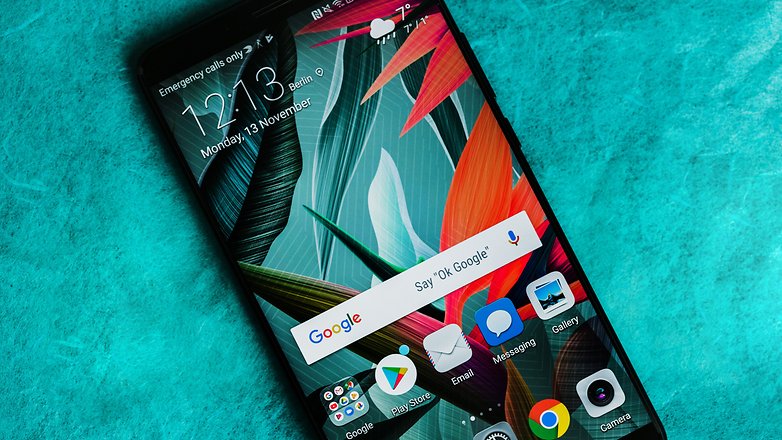
The frame is metallic, but has been lacquered. It has a striking gloss and gives the same impression as the glass on the back. There are visible bands on the upper and lower frame to isolate the contact of the different antennas. On the left there’s the tray for inserting a nanoSIM card and microSD.
Not only does the 16:9 format give it a slightly ‘retro’ feel, it also features an infrared port and headphone minijack on the top of the frame. The Mate 10 Pro also features the infrared port, but the 3.5mm minijack has been removed and the box doesn’t come with an adapter for it...
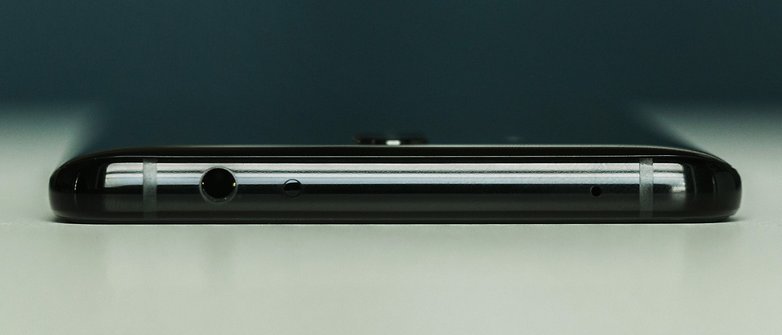
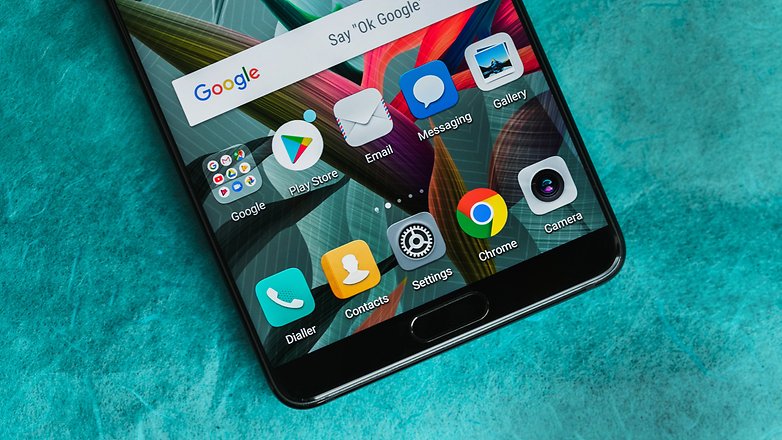
The Mate 10 Pro comes with a waterproof and dustproof IP67 certificate, which means that it can withstand complete immersion. The Mate 10 only comes with an IP53, which means it can withstand splashes of water, but that it still shouldn’t get wet.
Huawei Mate 10 display
The Huawei Mate 10 features a 5.9-inch FullView display with a resolution of 2560 x 1440 and 499 ppi.
Compared to the Pro version, there are a quite a few differences in the screen. The diagonals are quite similar, but since they have different proportions they don’t really look the same. Both devices have very fine frames. The display occupies 81% of the front surface of the device, which for the sake of comparison is 2% less than the iPhone X.
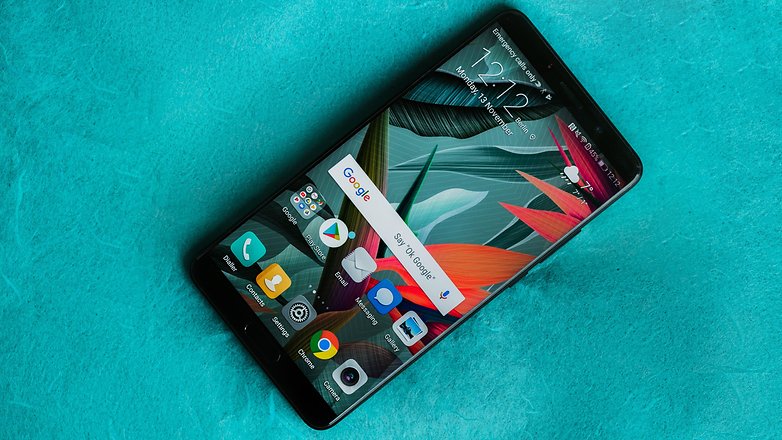
The Mate 10 Pro has an AMOLED panel and the Mate 10 utilizes an IPS LCD panel. Both screens have square corners and are very good, but if we put the two next to each other, the AMOLED is of course more striking. But the Mate 10’s IPS display is still top of the range with excellent brightness, sharpness and sensational colors.
Huawei Mate 10 special features
Easy Projection turns Mate 10 into a PC
This is the newest feature of the Mate 10 and allows you to use your smartphone as a desktop computer. Among the previous experiments to converge a smartphone and a PC, I find this rendition to be the most compelling since the BQ Aquaris M10 tablet was paired with Ubuntu Touch.
Huawei’s Easy Projection is much more practical than Samsung DeX
Unlike Samsung DeX, you don’t need an expensive accessory with the Mate 10. All you need is a C-type USB to HDMI adapter, a wireless mouse and a keyboard. There are also some HDMI and USB adapters for using a keyboard and mouse combo with a dongle.
Just plug the device into a screen and you’re up and running. You can also use the smartphone screen as a trackpad to move your cursor around the large screen and use the virtual keyboard to type. It is very easy and simple as well as fast. The best part is that you can use the phone completely normally even if there’s a desktop session open.
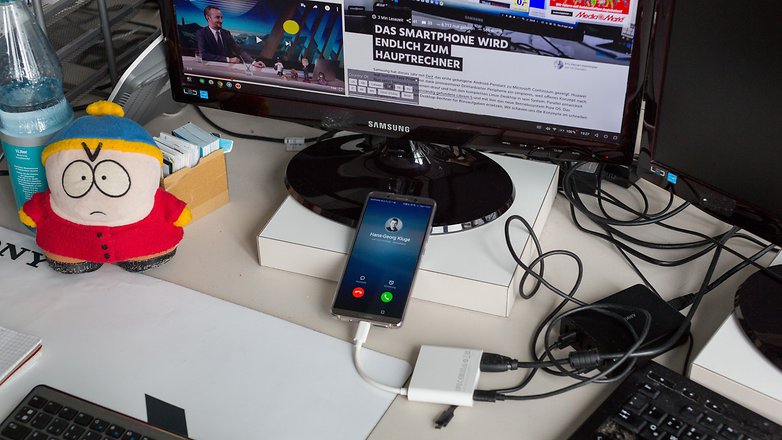
There are only two things to keep in mind: the sound is not sent over HDMI and the information that isn’t saved during the desktop session will be lost if you disconnect the screen cable. The desktop doesn’t function as smoothly when using the phone and there is still a lot of room for improvement, but this is one of the best beginnings we’ve seen with this technology to date.
Huawei Mate 10 software
The entire Mate 10 series comes equipped with Android 8.0 Oreo, but is heavily tuned with the manufacturer's customization layer: EMUI 8.0. EMUI has its share of both fans and critics. The eighth version is a good upgrade and introduces the main features of Oreo. The Mate 10 processor has a neural processing unit (NPU) that should bring advantages to future applications, but so far little has been seen.
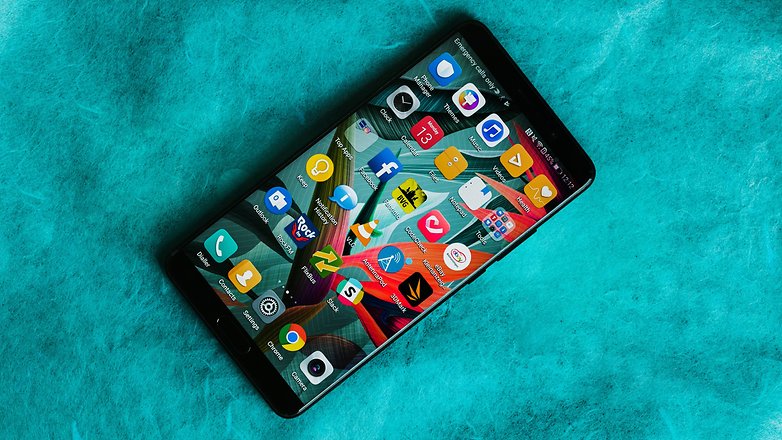
Those of you who are already familiar with Huawei’s customization layer won’t find many surprises. Simply put, some people like it and some people don’t, In the end it’s just a matter of getting used to it. One of the more interesting features that the device offers, besides being able to use it as a computer, is the option of having duplicate applications with different accounts.
In the Mate 10 you can use the fingerprint sensor as a substitute for the navigation buttons on the screen. Slide your finger over it to the right to open multitasking. Slide it to the left to go backwards. This feature doesn’t work as well as Motorola’s version, but it’s a good solution to take better advantage of the screen. If you keep the start button pressed, there's of course the handy Google Assistant.

Huawei Mate 10 performance
The three Mate 10 models incorporate the brand's new processor with artificial intelligence. The Kirin 970 is the strongest SoC on the market to date and is a rival to the Qualcomm Snapdragon 835 in terms of performance.
To go into greater detail, the Kirin 970 processor is built with an architecture of 10 nanomers. It is a chip with eight cores: 4 Cortex-A73 ARM at 2.36GHz and 4 Cortex-A53 ARM at 1.8GHz, which also has the special neural processing unit (NPU). For graphics performance, mount a 12-core Mali G72 GPU.
Machine learning and artificial intelligence will play a very important role in Huawei devices and Mate 10 is the first link.
With 4GB of RAM and 64GB of internal storage (with microSD support), the Mate 10 offers performance almost identical to the Mate 10 Pro with 6GB of RAM. Everything moves fast and it's a delight to play with the device.
Huawei Mate 10 Benchmarks
| 3D Mark Sling Shot Extreme | Geekbench 4 Multi Core | PC Mark Work 2.0 | |
|---|---|---|---|
| Huawei Mate 10 Pro | 2919 | 6743 | 6822 |
| Huawei Mate 10 | 2933 | 6740 | 6903 |
| Samsung Galaxy Note 8 | 2591 | 6816 | 5152 |
| Google Pixel 2 XL | 3571 | 6262 | 7190 |
Huawei Mate 10 audio
Fortunately, the Mate 10 retains the headphone minijack, which the Mate 10 Pro did away with. Everyday more and more people switch to wireless sound, but for those who are nostalgic for the analog days like I am, this is a big plus for this device. The smartphone only offers Bluetooth 4.2 for wireless audio, and in this regard we would expect more from the Huawei flagship.
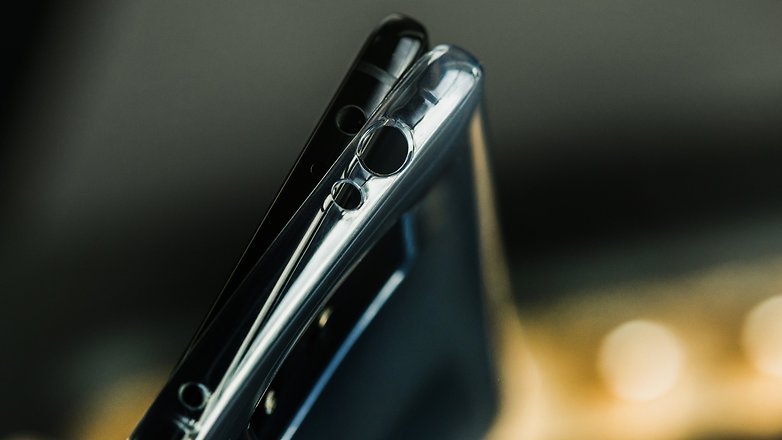
The Chinese manufacturer always equips its devices with high quality audio for calls. For this phone, both the waves that are emitted and received are modulated thanks to its chip with artificial intelligence.
Like the Mate 9, the ambient speaker is also of very good quality and doesn't have a lot of metal sounds, as you would expect on a smartphone.
Huawei Mate 10 camera
All three models come with the same camera equipment. At the rear there are two Leica Summilux-H lenses, one on a 20 MP black and white sensor and the other on a 12 MP RGB sensor with optical image stabilizer. The two sensors have an aperture of f/1.6 and there is also a laser sensor for phase-detection focusing.
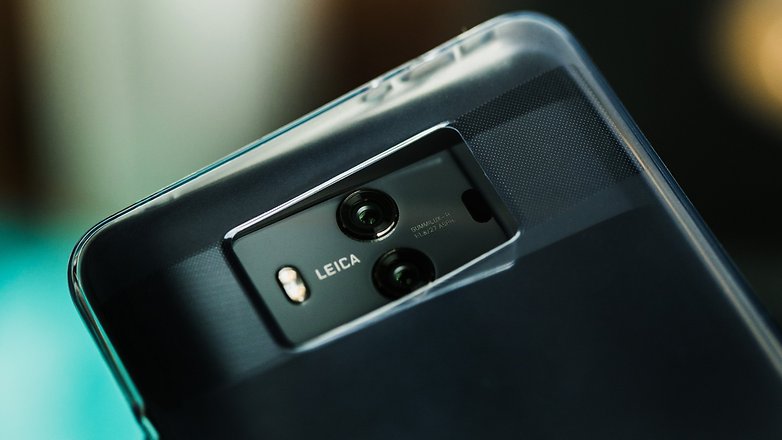
Its images are spectacular with very good brightness and dynamic ranges. The color rendering is quite natural but in very light conditions photographs have exceptional brightness. Colors with low light lead to noisy effects, since the focus is more on respecting the contours.
The front camera has an 8MP sensor with f/2.0 aperture and is also able to produce a bokeh effect, although it has its limitations if there are some gaps in the foreground where the background of the scene is exposed. The main camera also has some issues with this.
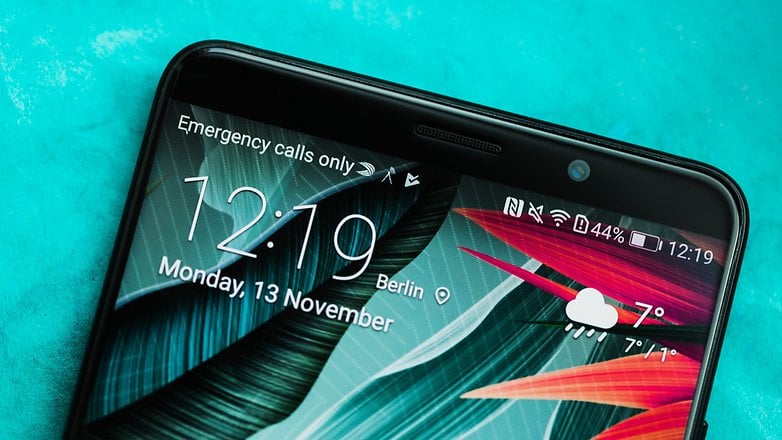
The camera is where we can best see how the NPU works. This artificial intelligence unit is able to recognize 13 different objects and optimize the quality of the shots accordingly. It can do all this without the user having to touch complicated settings. It results in superb photos in almost any situation and with a very fast shooting speed.
- Gallery of pictures taken with the Huawei Mate 10
Huawei Mate 10 battery
The Mate 10 and Mate 10 Pro are boosted with a 4000 mAh battery with fast charging support. With the device turned off, it takes just 26 minutes to charge from 0% to 50% and it can charge entirely in less than an hour and a half. This speed is quite surprising considering it has 1000 mAh more than most smartphones.
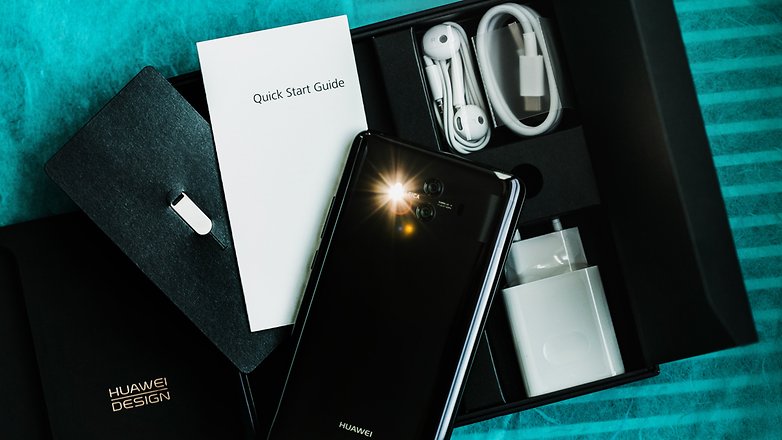
The story is quite different when the battery is draining. With very intense use you might be able to get 6 hours of screen time in a day. With battery optimizations, you can get 5 hours of screen time over a day and a half of use.
Huawei Mate 10 technical specifications
Final verdict
The Huawei Mate 10 offers almost the same impressive features as the Pro variant: the latest Kirin processor equipped with artificial intelligence, an impressive camera, the latest version of Android and the ability to use it as a real computer.
The price is not exorbitant and Huawei offers it for $100 cheaper if you forget the AMOLED panel, the 18:9 format and a few gigabytes of memory. In return it offers the same performance, the same autonomy, the same camera, fingerprint reader on the front and a minijack connector for headphones that you’ll only find in the Mate 10.
In terms of what you invest and what you get in the return, the Mate 10 is a good device that will continues to improve even once its value depreciates. What do you think of the Huawei Mate 10? Is exceeding your expectations or are there improvements that you’d like to see implemented?
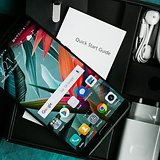






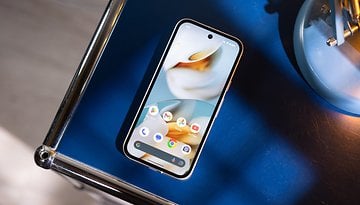
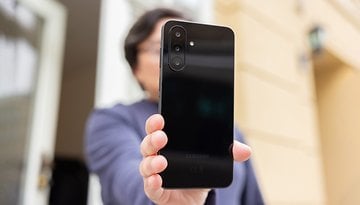
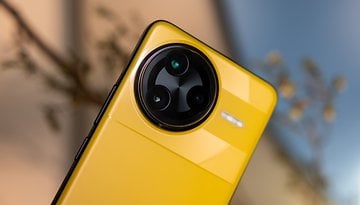
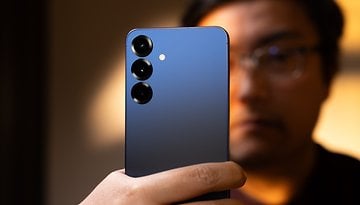










iv had the mate 10 since it was released, crazy long battery life. its been a great follow up to the mate 9 i had. i am glad its kept the 16.9 screen, not a fan of the narrow screens. i wish it had Bluetooth 5. it has a few glitches like most phones but i really like it. i was with Samsung until they kept me waiting years to upgrade from my note 4, so i jumped ship. no regrets. ?
Too many sacrifices vs Samsung for the price point for me.